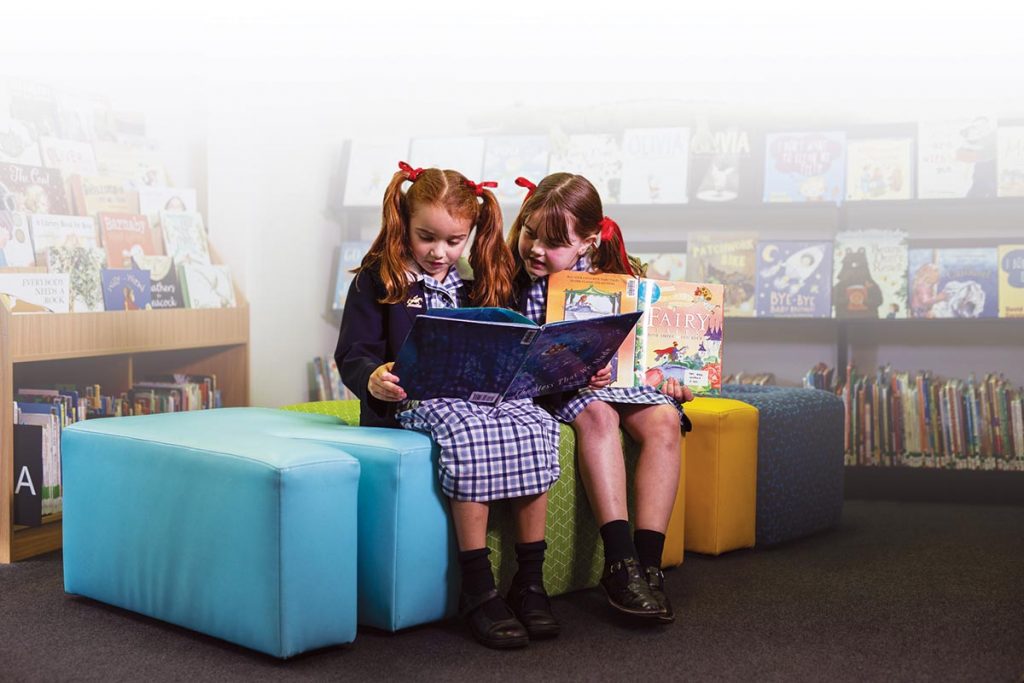By Melissa Schoorman
The milestone of becoming an independent reader is a significant one that those who have attained may not recognise nor remember the struggle that led to this point.
The process and reliability of sequential teaching cannot be underestimated as a key factor in determining one’s reading ability. Humans require reading for just about every task they undertake in daily life. Whether you are reading for pleasure, understanding a list of directions on a map or following a recipe, the art and science of reading assists the degree of success you will have in completing a myriad of day to day tasks with ease.
As children begin learning to read, the enormity of the skill is evident. Children need to learn the names of letters, learn the 44 phonemes (sounds) in the English language as well as associated graphemes (letter choices), commit to memorising a bank of high frequency words whilst concurrently comprehending the pictures and the meaning that the author is attempting to convey. It is for this very reason that being immersed in rich language experiences at an early age is of benefit to children, as they begin to derive pleasure from and make connections with some of this information from as young as two years old.
In recent years, Early Learning Centres and preschools have shifted to ensure a greater focus on intentional teaching. The more able a child is to recognise and recall the various sounds that combinations of letter/s make, the easier the process of decoding or learning to read will be achieved. It is also through purposeful shared literature experiences and questioning techniques where children develop their comprehension skills to think beyond the literal meaning communicated in a text. It provides them an outlet to delve into the inferential details of a text and consider the perspectives of others. These skills transcend reading and assist with a child’s overall wellbeing, including their social and emotional development.
From birth, children are already developing the skills they need to read. So with this in mind, it is naive to think that children do not already possess the tools needed for reading prior to entering Prep. In fact, many children have already begun demonstrating the ability to read and respond to texts in their various environments well before entering formal schooling.
It is therefore crucial that Early Years’ teachers have an awareness and an acute understanding of the intricacies in how to teach reading so that they can accelerate and scaffold the children in their class through the stages of reading.
The collective goal is to enhance the skills needed to ensure that we have independent readers that decode, comprehend and critically think, synthesise and analyse a text’s themes simultaneously. This process should also be supported by families in the home as a child’s motivation and desire to read can be nurtured from this shared, text-rich reading daily practice.
As children develop curiosity about the words around them, families are encouraged to stop and unpack their meaning; what the word looks and sounds like and how readers may respond to this. Adults must also be reminded that shared literacy experiences such as an audio book, modelled reading and reciprocal reading, are all vital components in building up vocabulary and a stamina for reading. This provides another opportunity for students to consolidate and evolve their skills. In short, there is no magic amount of time that families can spend reading to and with their child, however, it is the immersion in language and the suite of reading opportunities that will assist in developing an independent and fluent reader that relates and interacts with the world around them.
Melissa is the Head of Wardle House, Deputy Principal at Toorak College


